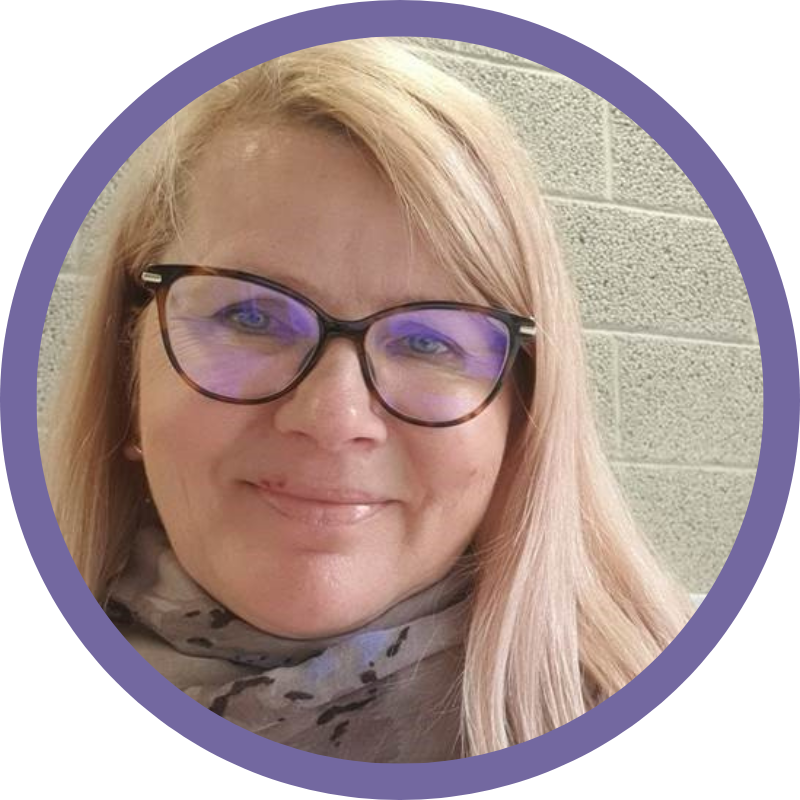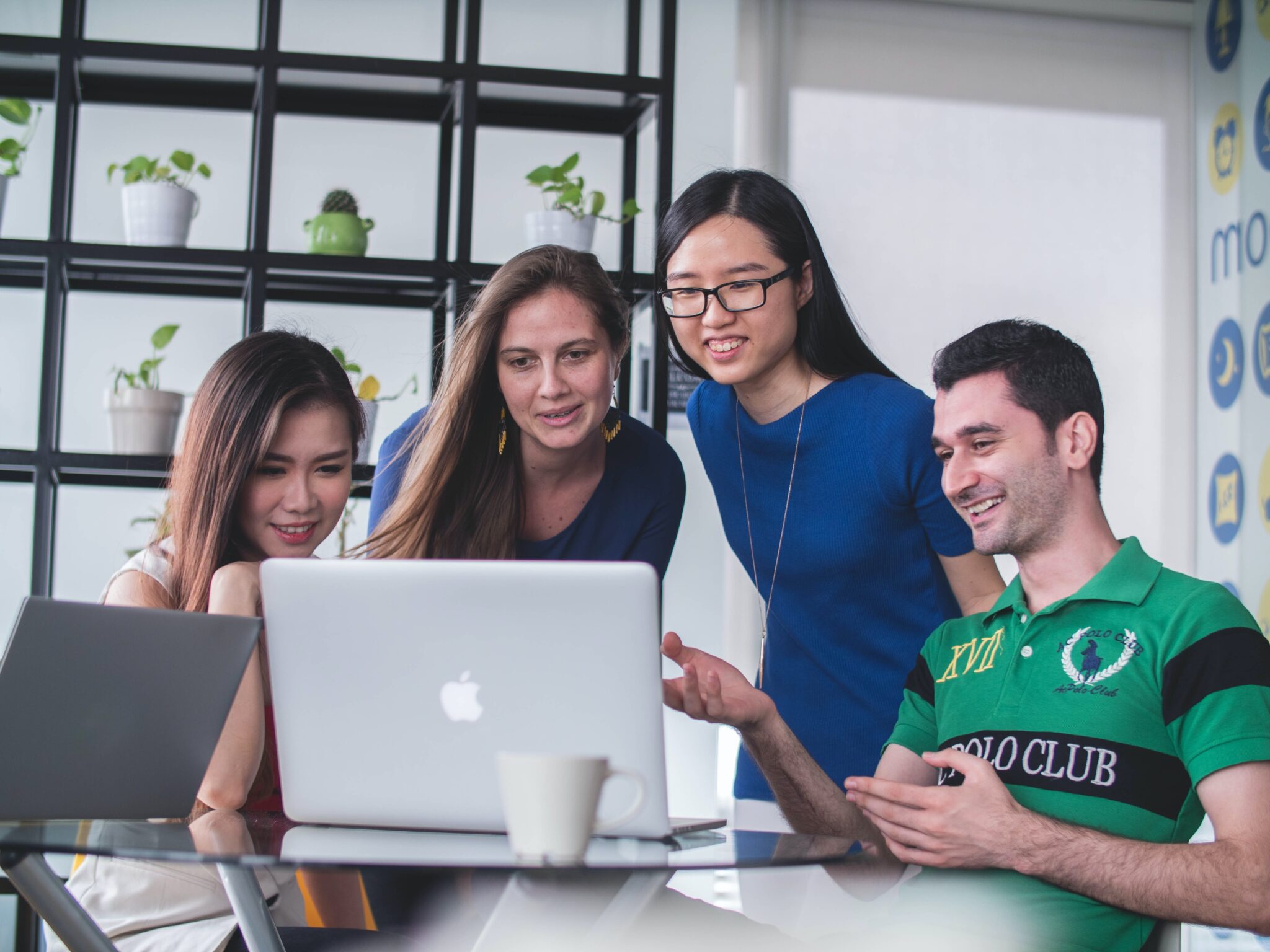Open access in social sciences and humanities: a librarian perspective from Lithuania
Juratė Daubarienė, from the University of Applied Sciences, talks to us about OA in SSH at her institution
Our library provides all the information, from A to Z, about the importance of research for our present and future. We see it as our role to champion this kind of work.
– Juratė Daubarienė

Juratė Daubarienė, Information Consultant, Kaunas College, University of Applied Sciences, Lithuania.
Please introduce us to your institution…

What role does the library play in increasing collaboration and cross-disciplinary relationships?
How does your university increase collaboration and cross-disciplinary relationships?
Do you think open access agreements can help support OA across all subjects?
What are transformative OA agreements?
Libraries and publishers make transformative agreements (TAs) to cut the cost of article publishing charges (APCs) for researchers. These agreements allow open access to a range of research as well as allowing researchers to continue reading subscription content.